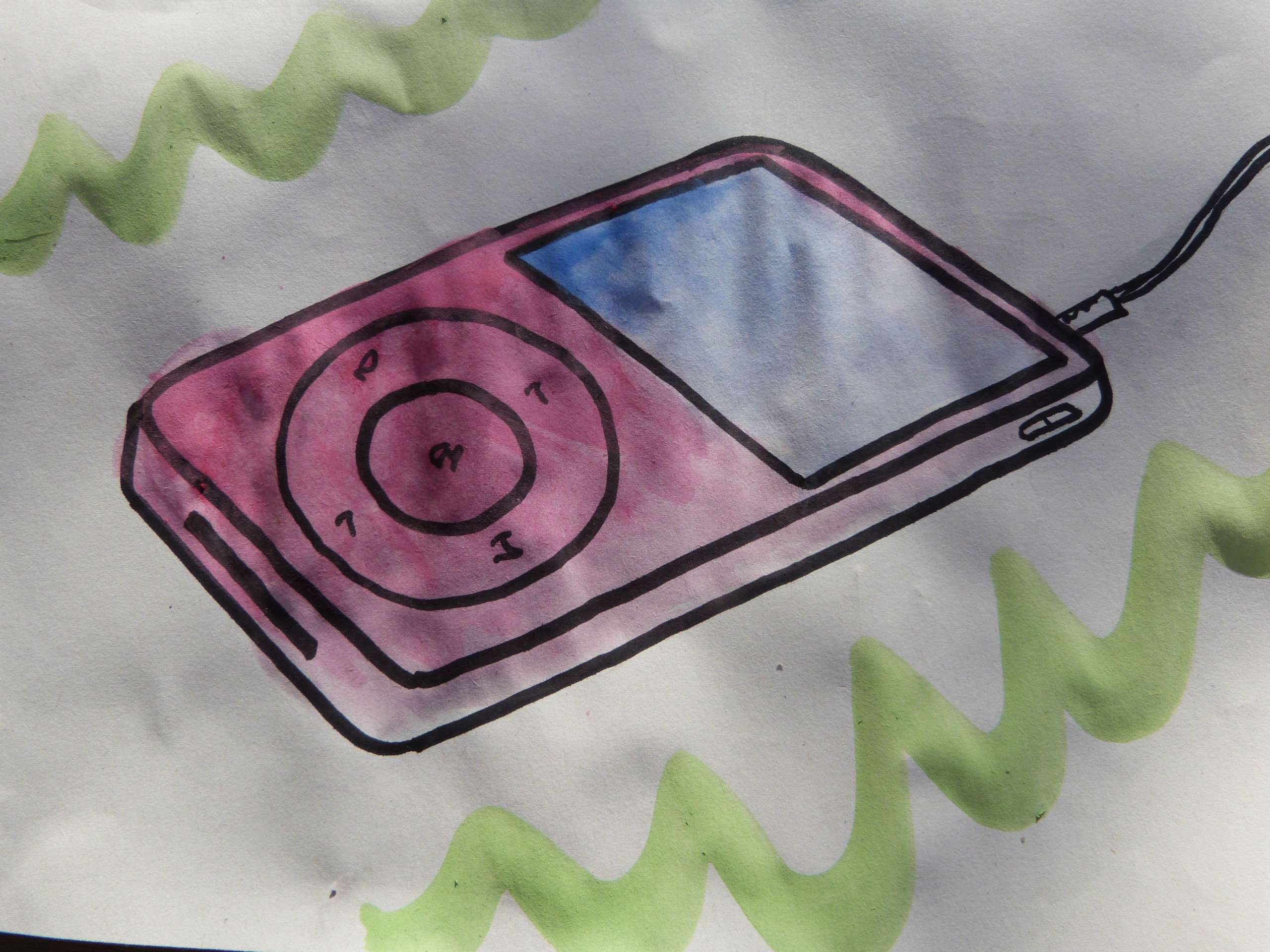One common conversation that I often have with many of my friends from Japanstudies is that Japan is a really interesting place where old things and cutting-edge things are uniquely co-exist. My friends always wonder why Japan is so behind in digitalization despite the country is famous for its super advanced technologies?
I once belonged to Japanese society, and such a “strange mix of old and new” was something natural for me. However, after spending one year at Leiden without going back to Japan at all, I can now say that “yes, something is weird in Japan.”
Yes, it’s strange. On the other hand, I can truly be proud of so many Japanese technologies. Though we must admit that Japan no longer holds the agency which we once had in the tech industry of the world around the 1980s and 1990s, Japan could still be considered as one of the most technologically advanced countries today. Needless to say, those technologies include not only industrial ones but also digital ones, look for example, Nintendo, Sony etc. Furthermore, Japan has recently developed the finest supercomputer in the world, and it is used for the research of ongoing corona crises. Also, Japanese are one of the largest fans of iPhone,
On the other hand, you can have some “archaeological experience” by traveling to Japan. In various scenes of daily life in Japan, you will come across things which may evoke nostalgia for Western people. For example, instead of using e-signatures, Japanese people still use rubber stamps to authorize something, which was actually developed as a tool for non-literal people some centuries ago. Our administrative system is a kind of antique, and it is quite embarrassing for me to mention this, but even fax is still widely used in the governmental offices! Also, cash is still the main method of payments in Japan. I can imagine from now how I miss Tikkie and other Dutch e-banking services when I started to live in Japan again. Though many Japanese also use credit cards, they sometimes do not know the pin codes of their cards since they can use their cards with only their signatures. I vividly remember how my mother was upset when she was asked to enter the pin code at a restaurant when we traveled to Paris a few years ago.
Well, how can the country which has the finest supercomputers in the world be so behind in digitalization? While I am wondering this, however, I also doubt if this unique co-existence between analogue and digital in Japan is really something strange or stupid. Perhaps, the situation seems to be totally natural if you view it from a different perspective, as I naturally adopted in the society when I was inside of it. Perhaps, the idea to generalize how digitalization should be or to write universal history of Digital Culture themselves might be strange. Therefore, in the following several blogs, I would like to question the concept of what we call Digital Culture by examining the relationship between emerging people, existing culture, and digital media, culture, and society.




Really interesting article! I did not know some of the things you explained. It was fun to read fax is still being used, despite me never having used fax before – in the Netherlands, they were already on the decline when I grew up. I look forward to reading more in your next blogs.
I just watched Wakana’s video on “Hybrid culture and Digital Age” and this article could not be a more appropriate read after that video. It made me realize about other things Japan and Italy have in common regarding digitalization (or rather the lack of it) such as the signature when using a credit card and (i think) also for large payments. Italy’s governments are also filled with Fax machines due to lack of funds, sometimes, even if the funds are there, employees might lack the knowledge to efficiently use other instruments, an issue that goes back to the general lack of digitalization.
I think, eventually, every country will be digitalized to the brim, even Japan and Italy, it’s just a matter of time.
I am a fan of everything that is dedicated to Japan (gratitude to Naruto), so reading your blog was such great leisure. time spending. Thank you, Masaru!
About the question “why?”. It seems to me like Japanese people just admire their culture and traditions so much, that keeping everything that is possible is just a great way of sticking to authenticity and honoring the massive heritage of the country.
Combination in Japan is so unique and intriguing for me, so one day I hope to visit your country and enjoy this nice “strange” mix myself!